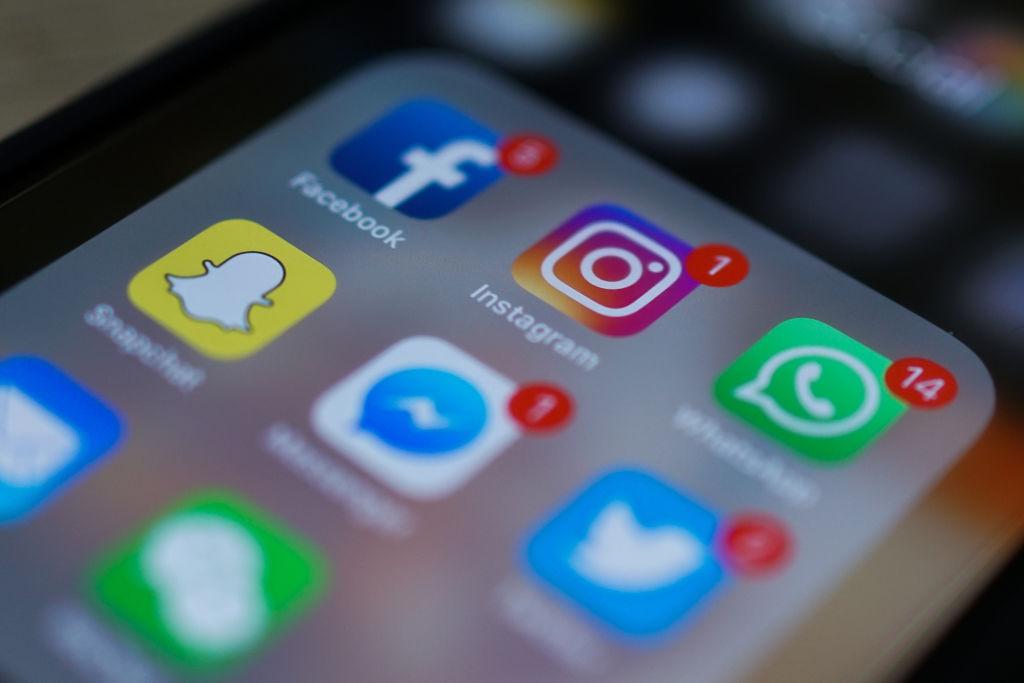Commentary
In one of his many interviews during the annus mirabilis of 2018, Jordan Peterson sat down with a journalist from The Economist to discuss the issues for which he had become famous, including behavioral differences between men and women. She was a quibbling creature, in over her head when it came to empirical studies of those differences, but she had a firm handle on the MeToo movement, which was going strong at the time.
At one point, Peterson distinguished male aggression from female aggression on these grounds: When men get angry, they lean toward “outright physical aggression.” They may not often reach that point of violence, but the possibility often lurks in the background. When women get angry, they don’t aim toward physical attack. Instead, they engage in “reputation destruction, innuendo, and gossip.”
The host, you may imagine, didn’t like that distinction. It sounded to her like Peterson was trashing women. He countered that the distinction wasn’t merely his opinion, but rather the results of decades of social science inquiry. At one point, he blurted, “I’m a psychologist and a scientist. ... I’m not making this stuff up!”
When I heard that exchange, Peterson seemed to me to make good common sense. I didn’t need to read the scientific literature to agree with him. Two other contexts backed him up, the ethos of my adolescence in the 1970s and the cancel culture that prevails today.
When I was 15 years old in a public school in the suburbs of Washington, there was a distinct sense of manhood that went unquestioned among us. The premises were clear. First, you had to have guts—no cowardice, no tremors in a confrontation. Don’t back down and don’t show fear.
Second, don’t mouth off; don’t be a wise guy or smart ass. If you tossed a gratuitous insult or got too loud, you deserved to be put down. The “swagger” that you observe so often today was, back then, the trait of a punk.
Third, if a guy does go down, if he’s beaten and through, you don’t gang up on him—no two-against-one and no piling on.
Finally, if a confrontation has run its course and both parties have held some composure throughout, including the one who lost, that ended it. It was a fair fight, the best man won, and now it was over. Hostilities may cease. I remember a few fights in which the parties ended up shaking hands.
Those were the standards. Guys didn’t always live up to them, of course, and I fell well short of the composure one was supposed to possess. But all of us felt the pressure of that kind of maturity. “Be a man!” was the slogan. Think Alan Ladd as “Shane” and Charles Bronson in “Hard Times.”
Now in 2020, what do we see in the practices that make up cancel culture? No such ethos, that’s for sure—not at all. The ganging-up mentality surfaces with every petition signed by thousands asking that so-and-so be fired. Cancelers love to pile on—the more the merrier. They dig into a target’s history, probe for politically incorrect words and deeds, and publicize the findings to an eager crowd. They write nasty emails and tweets and posts, often anonymously, behind the safety of the screen, and they like to rouse others to do the same.
The old manhood wouldn’t join those mobs. It wouldn’t try to hurt people from afar. If a man had a problem with someone, he would tell him face to face and allow a manly response. He didn’t sling insults and didn’t trash talk. He was polite—and carried a big stick.
In other words, cancel culture goes with feminine ways (as Peterson describes them). It aims at reputation destruction and the destruction of livelihoods. It works by words, not by fists, and it doesn’t allow a target the opportunity to defend himself. The more you mouth off in this cancellation habitat, the stronger you are.
Added to that, it has no generosity, no forgiveness, and none of the magnanimous spirit of the victors of old. A canceled individual gets no mercy afterward, no standoff, no handshakes, and no moving forward, like John Wayne and Victor McLaglen in The Quiet Man. In the old days, a man would be ashamed to take a victim using these tactics. Oh, they would certainly tempt him, yes—to go on the attack without having to risk a one-on-one confrontation sounds pretty good—but he would know that if he did so, he would have sunk into a sneaky line of work.
All of this sounds awfully old-fashioned, I’m sure—probably a little silly, too. A few years ago, I ran a panel on social media at the Virginia Military Institute, and when I asked one participant if allowing people on social media to comment anonymously didn’t encourage such cowardly behavior, she replied with a firm, “No.” She was a young journalist at The Washington Post, the paper’s social media editor, I believe, and she stated that anonymity enabled many offbeat, shy individuals to express themselves fully, to be themselves without fear of personal challenge. Anonymity protects them, she insisted. I let it go (I was just the moderator), but thought to myself that some impulses and judgments and comments are best not expressed and that the prospect of having to stand up and take the heat for expressing them is often a healthy form of self-censorship.
But that’s a masculine take, isn’t it? The feminine one encourages such “be yourself” axioms. Certainly she had the crowd on her side, including the cadets. My other anti-social media statements at the event were roundly booed by 1,200 people (I opened by saying that I had told my wife the night before to place on my tombstone, “He never took a selfie,” and that tarred me with those hundreds in the seats with 100 selfies in their pockets at that very moment).
The screen invites such feminine behaviors, and the old strong-but-silent persona doesn’t work well on the iPhone. This is a mode of femininization that isn’t going to dissipate any time soon. Twenty years ago, I told my students never to write anything on the screen that they wouldn’t say to another’s face, and they seemed to absorb the message. Now, I presume (I retired two years ago), the same warning would be received with a wry smile, a shrug, a “whatever,” and no change in behavior.
Views expressed in this article are opinions of the author and do not necessarily reflect the views of The Epoch Times.





